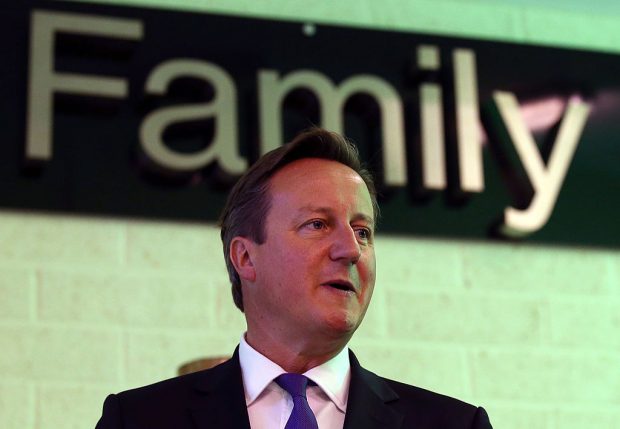‘Bad policy.’ ‘No discernible impact on the key outcomes it was supposed to improve.’ ‘Deliberate misrepresentation of the data… a funding model that could have been designed to waste money’. ‘A waste of £1.3 billion’. ‘Failed’.
The media’s treatment of the troubled families programme, whose evaluation has recently been made public, cannot have cheered David Cameron in his last week as an MP. History does not look likely to be kind to his great social policy. We should, however, be grateful to the former prime minister for his quixotic attempt to do the right thing on a massive scale. Because in doing so he exposed the fallacy which has dominated social policy since 1945: the idea that the government is infinitely capable of solving social problems.
Our politicians seem to be finally realising that it can’t. As Meg Hillier, the Labour MP who chairs the Commons Public Accounts Committee, put it last week, when she asked Dame Louise Casey, the civil servant in charge of the troubled families programme, ‘Don’t you think this is too big a challenge for government to get a grip on?’
Dame Louise is the doyenne of big challenges that central government has tried to get a grip on.

Get Britain's best politics newsletters
Register to get The Spectator's insight and opinion straight to your inbox. You can then read two free articles each week.
Already a subscriber? Log in






Comments
Join the debate for just £1 a month
Be part of the conversation with other Spectator readers by getting your first three months for £3.
UNLOCK ACCESS Just £1 a monthAlready a subscriber? Log in